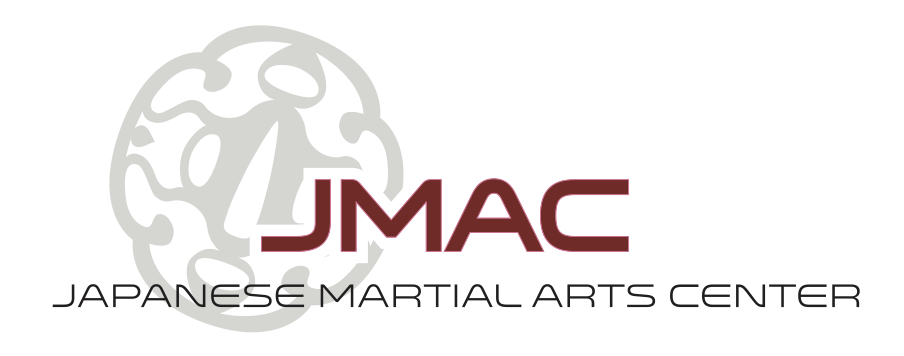As a major name in the film industry for the past three decades, how have you seen the roles of African Americans evolve in the film industry, specifically in martial art films?
Michelle Yeoh in "Crouching Tiger, Hidden Dragon"
Actually, I had a wonderful conversation once with Michelle Yeoh. I told her that people knew her. This was her first time visiting New York, and she thought that there was no awareness of who she was. And I said, "No, no, no. In fact, we could get on subways right now and we could walk to Times Square, where people may not know you. But if you came to Harlem, people would definitely know you." She was really surprised that this community recognized that these movies came out of Hong Kong first. To this day, there's a tremendous affinity to these actors and films in the community.
Now, you've interacted with amazing people, like yourself, from Eddie Murphy to Michael White. Who has been the most inspirational person you've worked with?
There are different inspirations from different people.
Harry Belafonte isn't someone I've worked with in front of the camera, but he is an elder. He has really advised me in my goals as a filmmaker who is concerned with social justice. Anyone who's seen the movie Selma can understand the role he played during the civil rights struggle.
He's 87 years old, and he's done it. He's an African American who has successfully negotiated in the film industry and maintained his integrity.
Everyone gives you something. So, if you are attentive to subtleties, everything comes in ways that enrich you.
When Spike Lee was a student, we were helpful to him. We supported his efforts. So if you ask anyone in the business, they would tell you that the first institution to organize and create a facility for them to grow and prosper… they would say that we were that organization.
To read the entire interview, check out this link.

No comments:
Post a Comment